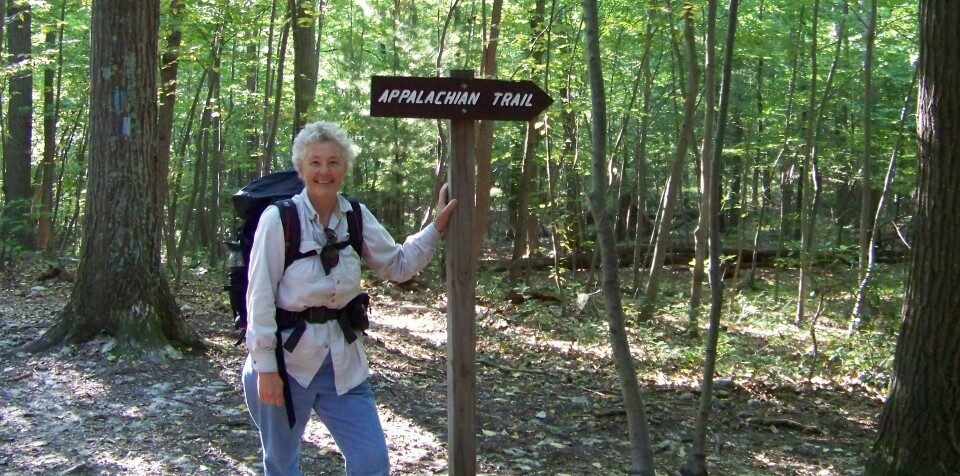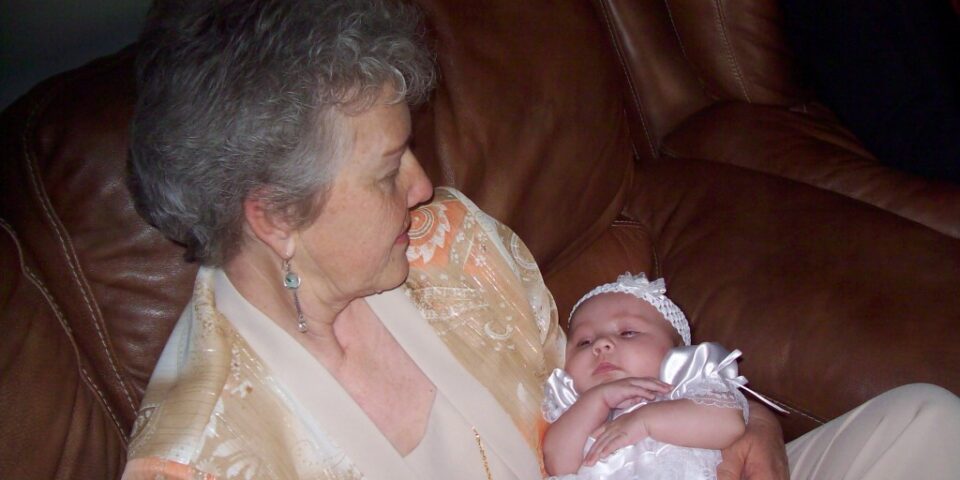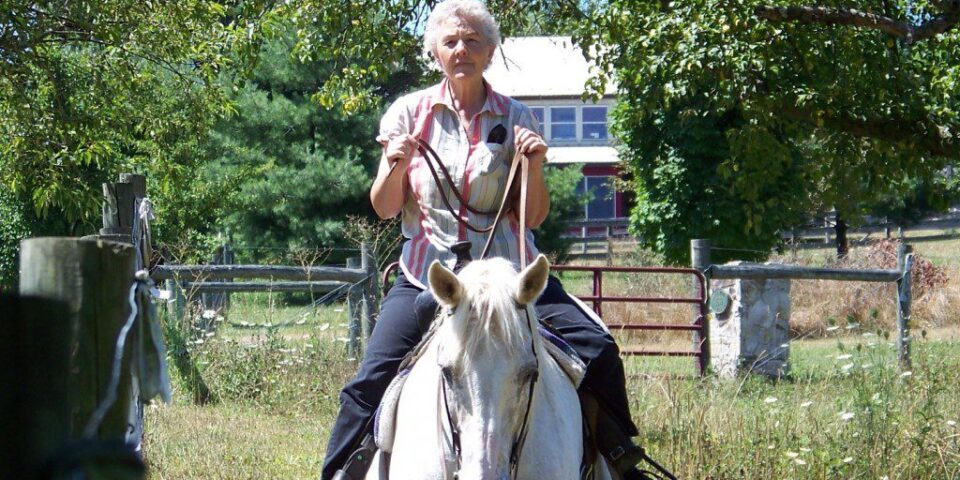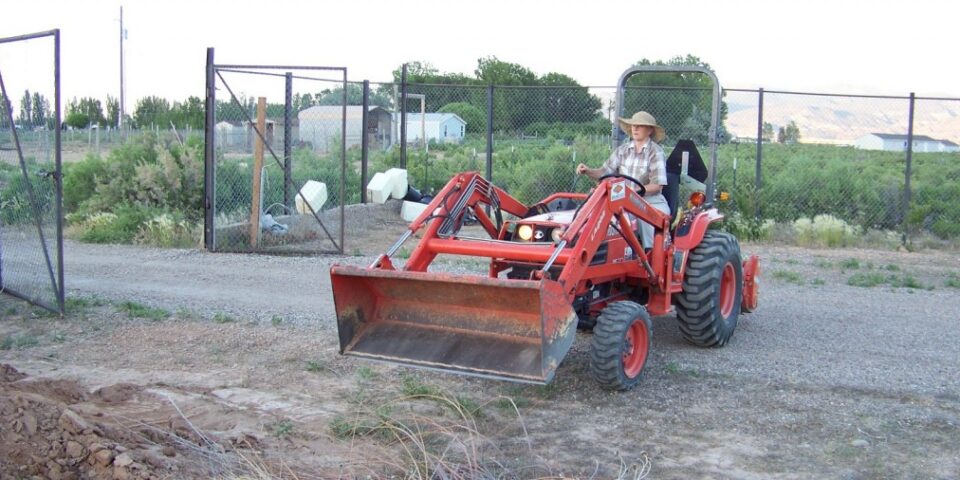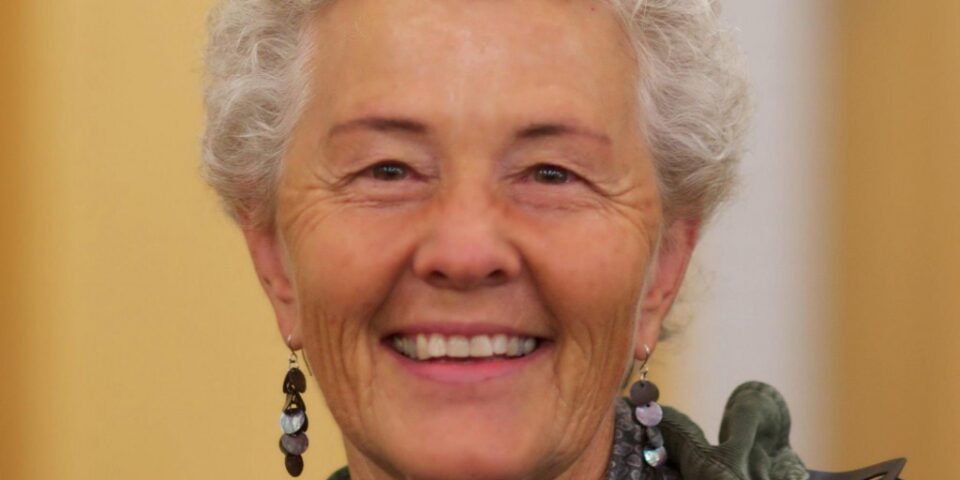I’m a wife, a mother, a grandmother, a lawyer, an activist, and a permaculturist who raises chickens, and I believe women should be ordained.
My roots in the Mormon faith are long and deep. My fifth great-grandmother, at age 78, crossed the Great Plains in 1847, the first year of the Mormon migration to Utah. Others came later, traveling in covered wagons or pushing hand carts, after a lengthy voyage across the Atlantic Ocean from the British Isles. Still others came by train after the completion of the transcontinental railroad. They made new lives in “Zion,” built up towns, raised families, went on missions, and made active contributions to America’s Manifest Destiny.
I believe in equality–in civil life, in the work place, in education and in the home, as citizens of neighborhoods, the country, and the world. I believe our churches should be the exemplars of equality and that “There is neither Jew nor Greek, there is neither bond nor free, there is neither male nor female: for you are all one in Christ Jesus” (Galatians 3:28).
I married young, at age 19, and then went back to school. I plugged along until 1986, when I graduated from law school the same year my oldest daughter graduated from high school. I’ve spent a lot of time in my legal career helping those who needed an advocate, often people who had fewer advantages in life than I have had.
Mormonism was born into a world that discriminated against women, but a new way of thinking was on the rise, one that advocated the end of slavery and the end to discrimination against minorities and women. It is less surprising that Mormons began with an all-male priesthood than it is that a Mormon tradition arose of strong women who filled many roles outside the norms of their day.
In 1981 I wrote an article arguing for women’s ordination. It was called “Women and Priesthood,” and it was published in Dialogue, a Journal of Mormon Thought. Short of ordaining women to the priesthood, there are some things that I think the Church should begin doing right now to empower women.
Mormon leaders recently took a step in the right direction when they lowered the age for women to become missionaries, greatly increasing the number of women serving missions. Then they announced the formation of leadership councils in the mission field, which will offer women a more prominent role than they have had before.
Leadership councils in the mission field should serve as a model for expanding women’s roles in local, regional, and general Church governance. That change could take place right now by simple administrative action, assigning women to advisory positions that would require them to meet with the male leaders who make decisions, thus allowing for more women’s input into those decisions. The Church could gradually expand the reach of those advisory positions to give women increasing authority and responsibility.
At the same time, the Church could increase women’s roles in the spiritual aspects of what are now considered exclusively priesthood practices. For example, women could give blessings (including mothers’ blessings to their children), administer to the sick, act as official witnesses to priesthood ordinances like baptisms and sealings, stand in the circles when babies are blessed, and pass the sacrament (beginning at age 12). All of these practices either have rich precedents in Mormon history or at least have no doctrinal prohibitions, only policy prohibitions.
These kinds of changes will put women in the forefront of involvement in the same leadership tasks that men undertake. Once that happens, it simply won’t make sense anymore to deny them ordination to the priesthood. It won’t even be much of a shift.






